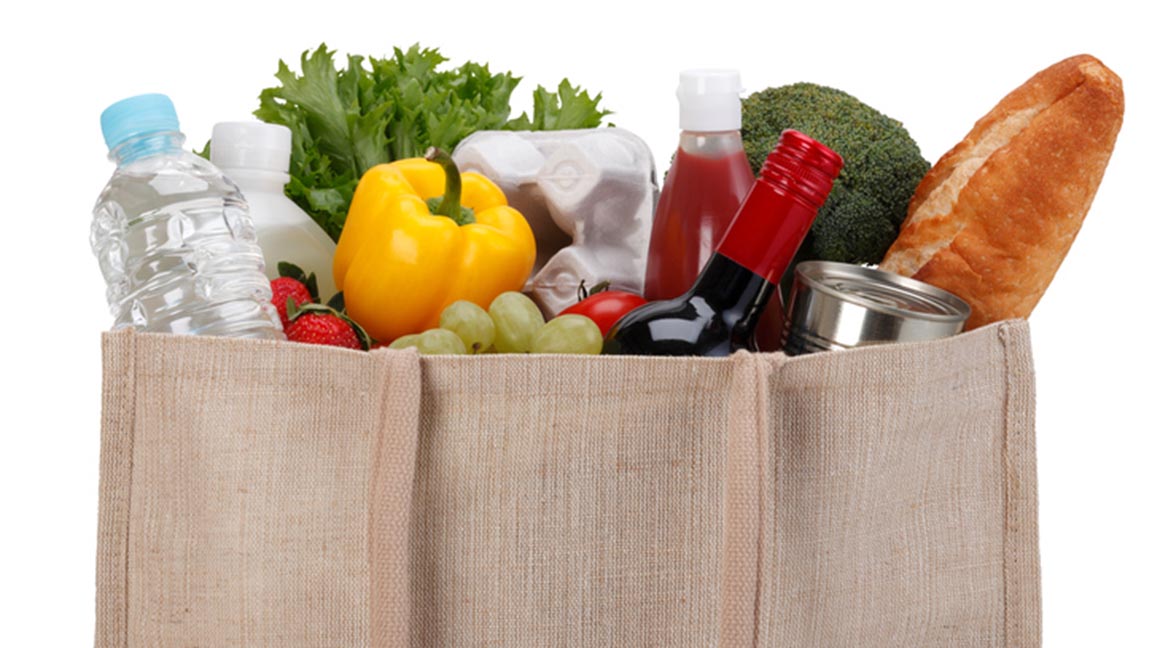Do you store reusable grocery bags in the car so you’ll remember them on your next shopping trip? Don’t.
That’s the message from the Centers For Disease Control and Prevention, which encourages people to take proper care of reusable grocery bags to prevent sickness. The agency warns the bags can become contaminated with germs such as Salmonella and E. coli from food or other sources. Storing the bags in a car or other place exposed to high temperatures can cause germs to grow faster, according to the CDC.
The agency instead recommends people store the bags in a cool, dry place such as in a garage or at home. Here are some other tips you can follow to ensure your reusable bags only carry what you intend them to:
- Regularly wash reusable grocery bags. One study found that only 3 percent of shoppers with reusable bags regularly washed them. The same study found bacteria in 99 percent of bags tested. The good news? Washing the bags was found to reduce bacteria by 99.9 percent. Canvas or cloth bags can be laundered in the washer following manufacturer instructions. Scrub the inside of plastic-lined bags using hot water and soap, then air-dry them.
- Use separate, dedicated bags for meats, fresh fruits and vegetables and ready-to-eat foods. Keeping different types of foods separate will help reduce cross-contamination.
- Always place raw meats into a disposable plastic bag before putting them in a reusable bag. Using disposable bags, which are often available in the produce and meat sections of a grocery store, can help prevent juices from the meat from contaminating other foods. As a reminder, make sure to refrigerate cold food within two hours of leaving the store or within one hour when temperatures outside exceed 90 degrees.
- Only put groceries in your reusable grocery bags. Don’t use them to store or transport baby bottles, toys, gym clothes and other non-food items.




